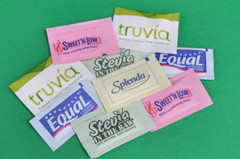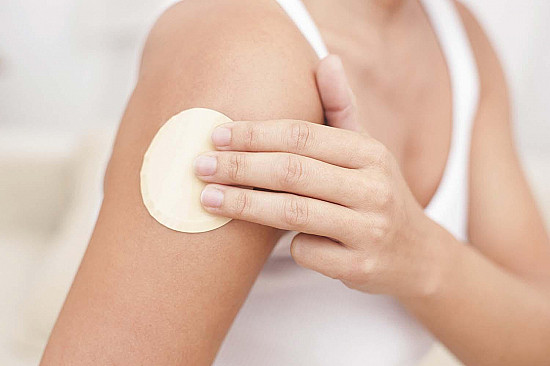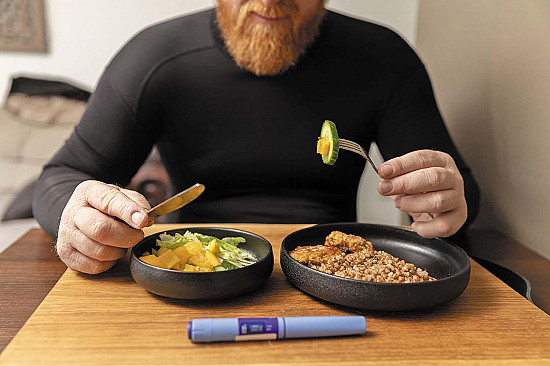Are artificial sweeteners a healthy substitute for sugar?

When sugar-free beverages first became available, I was skeptical that they could really taste as good as “the real thing.” I quickly changed my mind. In fact, it seemed to me that the sugar-free versions actually tasted better than “the real thing.”
It seemed like a no-brainer. Sugar-free beverages had no calories and tasted better—maybe there is such a thing as a free lunch. Obviously, many people who also wanted to lose weight made the same switch. Were we right about artificial sweeteners?
Although short-term studies suggest that switching from sugar to no-calorie sweeteners can help, other research suggests it may actually promote weight gain. Writing in the December 2011 Harvard Health Letter, noted obesity researcher Dr. David Ludwig explores the possible connection between sugar substitutes and weight gain.
The FDA has approved six calorie-free sweeteners: acesulfame, aspartame, neotame, saccharin, Stevia, and sucralose. They are hundreds to thousands of times sweeter than table sugar. It is possible that people who routinely use them may wind up desensitized to sweetness.
Healthful, satiating foods that are less sweet—such as fruits and vegetables—may become unappetizing by comparison. As a result, the overall quality of the diet may decline. The calories removed from the diet by the sugar-for-sweetener swap may sneak back in, in the form of refined carbohydrates and low-quality fats.
Another concern is that sweetness receptors have been identified in fat tissue. “That raises the possibility that artificial sweeteners could cause weight gain by directly stimulating the development of new fat cells,” says Dr. Ludwig, a professor of pediatrics at Harvard-affiliated Children’s Hospital Boston, in the Health Letter article.
Dr. Ludwig’s research group is conducting a year-long trial in young adults to explore how artificially sweetened drinks affect weight and risk factors for heart disease compared with sugar-sweetened and unsweetened drinks. (If you are interested in taking part, call 617-355-2500.)
Dr. Ludwig’s bottom line? Use artificial sweeteners only for a while to help wean yourself off drinking sugary beverages. That’s not my bottom line—yet. But if the studies indicate that it should be, I’m prepared to change my mind.
You can read the full article on the Harvard Health website.
The Harvard Health Letter is a general interest health and medical newsletter published monthly by Harvard Medical School.
Disclaimer:
As a service to our readers, Harvard Health Publishing provides access to our library of archived content. Please note the date of last review or update on all articles.
No content on this site, regardless of date, should ever be used as a substitute for direct medical advice from your doctor or other qualified clinician.
















